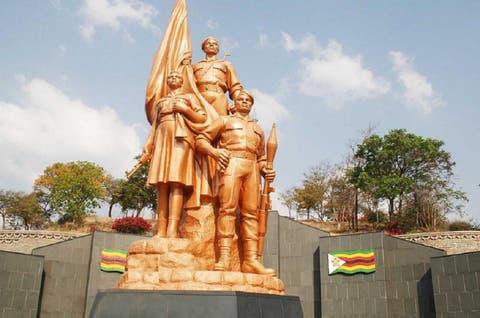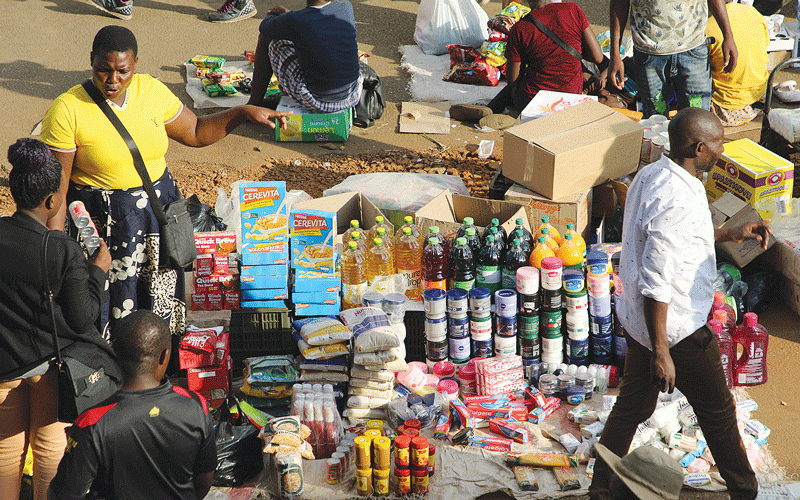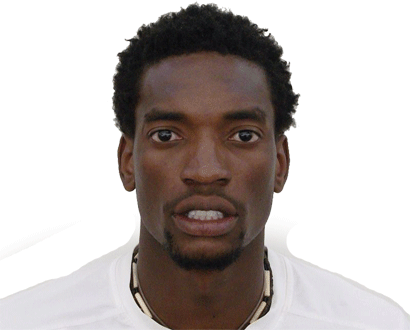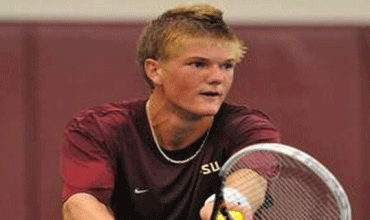
By Faith Zaba ON MONDAY, the country commemorates Heroes Day to honour illustrious Zimbabweans, living and dead, who sacrificed their lives for the liberation of this country.
Even the Constitution – the supreme governance charter’s preamble “exalts and extols brave men and women” who fearlessly fought against colonialism, racism, oppression and other forms of class based discrimination.
A few days before Heroes Day, I thought of the thousands of war heroes and heroines who died or were injured during the liberation struggle. How could I forget about the iconic national heroes like former vice-president Joshua Nyongolo Nkomo, Zanla commander Josiah Tongogara, Zipra commander Lookout Masuku, Herbert Chitepo, Jason Ziyapapa Moyo and Alfred Nikita Mangena.
It would be unjust not to honour Sally Mugabe, Mama Joanna Mafuyana Nkomo, Thenjiwe Lesabe, Ruth Chinamano, Victoria Chitepo and Jane Ngwenya. Apart from national heroes/heroines, my mind is stuck on thousands buried in villages, districts and provinces. Some did not have the privilege to get a decent burial; they lie in the bushes in Mozambique, Zimbabwe and Zambia.
What this reminds us as a nation is that the April 18 1980 independence did not come on a silver platter. People lost their lives; they lost families. Some never got a chance to access decent education. All the selfless sacrifices were for an egalitarian society, at least. But 42 years later, Zimbabwe has turned into something else. Is this what the war combatants fought for?
President Emmerson Mnangagwa and his administration need to self-introspect. They should ask themselves sobering questions.
Monday is a day for the elite rulers to re-think. Are Zimbabweans enjoying freedoms, democracy, social justice and respect of human dignity?
The Zanu PF government should ask itself hard questions about constutionalism, and respect of its founding principles of “cherishing freedom, equality, peace, justice, tolerance, prosperity and patriotism in search of new frontiers under a common destiny”.
- Chamisa under fire over US$120K donation
- Mavhunga puts DeMbare into Chibuku quarterfinals
- Pension funds bet on Cabora Bassa oilfields
- Councils defy govt fire tender directive
Keep Reading
The poverty levels are alarming.
The majority of those in rural areas – a Zanu PF stronghold, live on less than US$1 per day. Unemployment is estimated to be around 95%. Retrenchments and company closures, exacerbated by Covid-19-induced lockdowns, are worsening to a dire situation.
Vendor population, including graduates, has swelled. It points to policy failure. Ironically, Zimbabweans are suffering despite the country boasting of vast and rich mineral resources. Corruption is endemic and the few elites are getting richer, while most former war liberators are wallowing in poverty. In a letter to the late former president Robert Mugabe dated June 7 1983, while in exile in the United Kingdom, Nkomo said: “I write because I feel that our country is in danger of complete disintegration, to the detriment of all its citizens now living and of generations to come.
“This is not government; it is the abuse of government, an abuse which transforms the rule of law into the law of rule. As such it cannot lead to a free, united, peaceful and prosperous Zimbabwe. But to one in which oppression, division, violence and poverty will shadow all our hopes, and make a mockery of the freedom struggle in which so many heroes gave their lives.” This year’s commemoration comes when opposition leaders, who include Citizens Coalition for Change acting vice chairperson Job Sikhala, are languishing in remand prison on charges of inciting violence.
The case is attracting international bad publicity.
Zanu founding member Eddison Zvobgo once said during the war of liberation: “We do not want to create a socio-legal order in the country in which people are petrified…This is what we have been fighting against…This is why we are in this revolution for as long as it is necessary, to abolish this system”.
Tongogara, a liberation icon, was clear about what he was fighting for: “What some of us are fighting for is to see that this oppressive system is crushed. We don’t care whether, I don’t even care whether I will be part of the top echelon in the ruling, I’m not worried but I’m dying to see a change in the system, that’s all, that’s all . . .”
Indeed, the status quo is not what our heroes fought for. They fought for prosperity and emancipation. Certainly, the independence was not attained to perpetuate suffering and force citizens into exile, be it for economic or political reasons.
The ruling administration needs to do better. The sacrifices by the freedom fighters cannot go down the drain.










